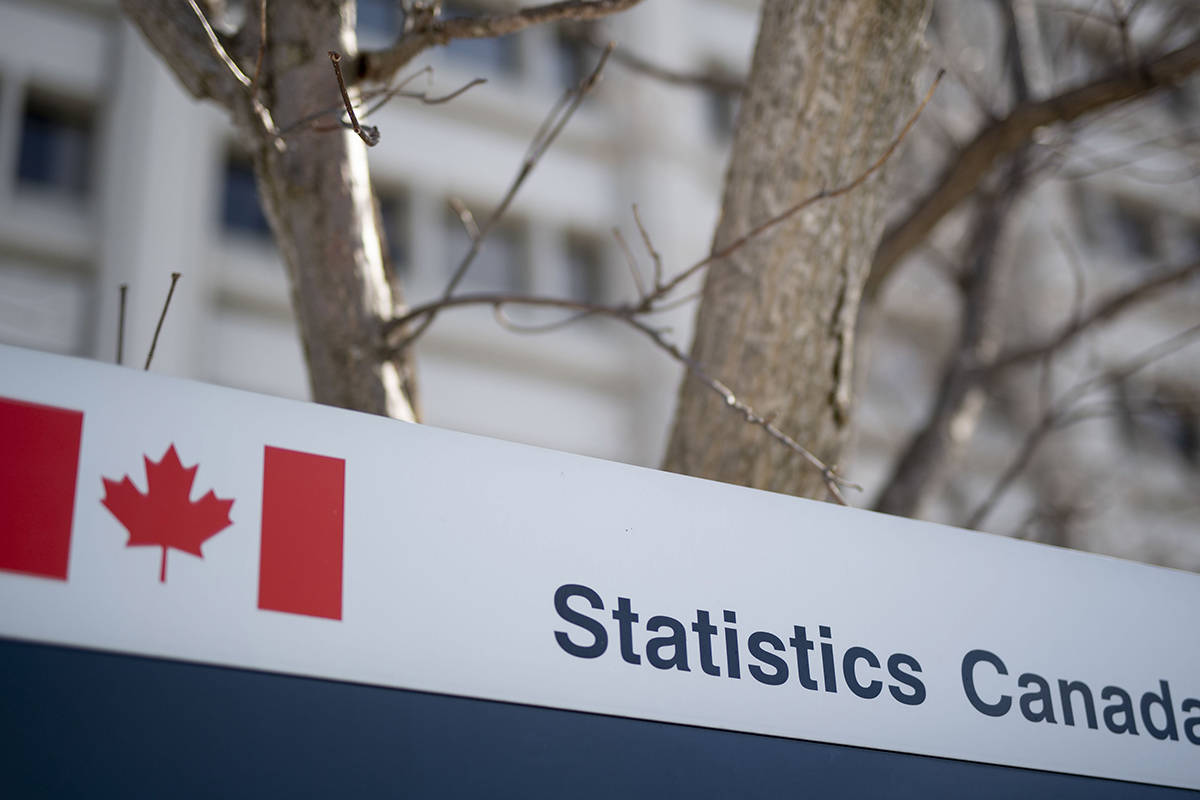Ottawa: In July, Canada lost 2,800 jobs overall, which was unexpected. This decline happened because part-time jobs fell, even though full-time jobs increased. The unemployment rate stayed high at 6.4%, which is the highest it’s been in 30 months. Analysts had predicted a net gain of 22,500 jobs and a slight increase in the unemployment rate.
Hourly wage growth for permanent employees slowed to 5.2% annually, down from 5.6% in June. This slower growth is significant for the Bank of Canada (BoC) as it influences inflation.
Canada Loses 2,800 Jobs in July Amid Decline in Part-Time Positions, Unemployment Rate Hits 30-Month High
Ottawa: This job loss in July is the second month in a row with fewer jobs, indicating a weakening labor market. This might lead the BoC to cut interest rates again in September. The unemployment rate has been rising steadily since January.
The labor force participation rate fell to 65%, its lowest in 26 years, mainly due to fewer young men and women participating. Many young people aged 15-24 wanted to work but didn’t actively look for jobs, so they aren’t counted in the labor force.
The BoC has recently cut rates twice to address inflation and slow economic growth. Market expectations suggest another rate cut in September, with some predicting a possible cut of 50 basis points.
Additionally, recent poor job data from the U.S. has raised concerns about a potential recession in Canada’s largest trading partner.
In July, the job losses were all in part-time positions, while full-time jobs increased by 61,600, the highest gain since February. Employment grew in the goods-producing sector, but the services sector saw losses, especially in retail and finance.


